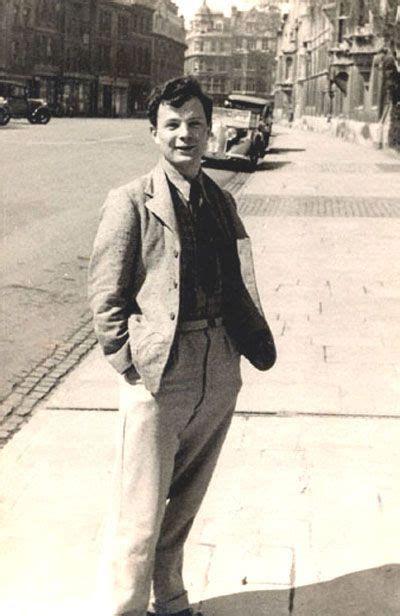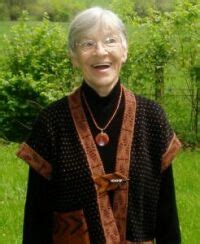A Quote by Karl Wilhelm Friedrich Schlegel
The naive is what is or appears to be natural, individual, or classical to the point of irony or to the point of continuous alternation of self-creation and self-destruction. If it is only instinct, then it is childlike, childish, or silly; if it is only intention, it becomes affectation.
Related Quotes
The naive which is simultaneously beautiful, poetic, and idealistic, must be both intention and instinct. The essence of intention, in this sense, is freedom. Consciousness is far from intention. There is a certain enamoured contemplation of one's own naturalness or silliness which itself is unspeakably silly. Intention does not necessarily require a profound calculation or plan.
Running is the classical road to self-consciousn ess, self-awareness and self-reliance. Independence is the outstanding characteristic of a runner. He learns the harsh reality of his physical and spiritual limitations when he runs. He learns that personal commitment, sacrifice and determination are his only means to betterment. Runners get promoted only through self-conquest.
Everyone has a self-destructive nature in them. It's whether you feed it or not. You don't have to be a pop star to feel connected to destruction or self-destruction. But self-destruction is self-obsession, and self-obsession is not really possible if you're engaged in raising children. And if you have a spiritual life, you're constantly being asked to see yourself as one small fragment in the bigger picture.
A self that is only differentiated - not integrated - may attain great individual accomplishments, but risks being mired in self-centered egotism. By the same token, a person who self is based exclusively on integration will be well connected and secure, but lack autonomous individuality. Only when a person invests equal amounts of psychic energy in these two processes and avoids both selfishness and conformity is the self likely to reflect complexity.
Clearly, there is some invisible force that is moving every aspect of reality to its next best expression. And the universe is not only self-organizing, it is also self-correcting. The embryo becomes a baby; the baby is born; its lungs continue to breathe - not only were they created but then they continue to breathe. The heart is not only created but it continues to breathe. If there is injury and disease that becomes present within the body, the body is also equipped with an immune system to correct that.
...a point is reached where the self is so completely aligned with the still-point that it can no longer be moved, even in its first movements, from this center. It can no longer be tested by any force or trial, nor moved by the winds of change, and at this point the self has obviously outworn its function; it is no longer needed or useful, and life can go on without it.





































